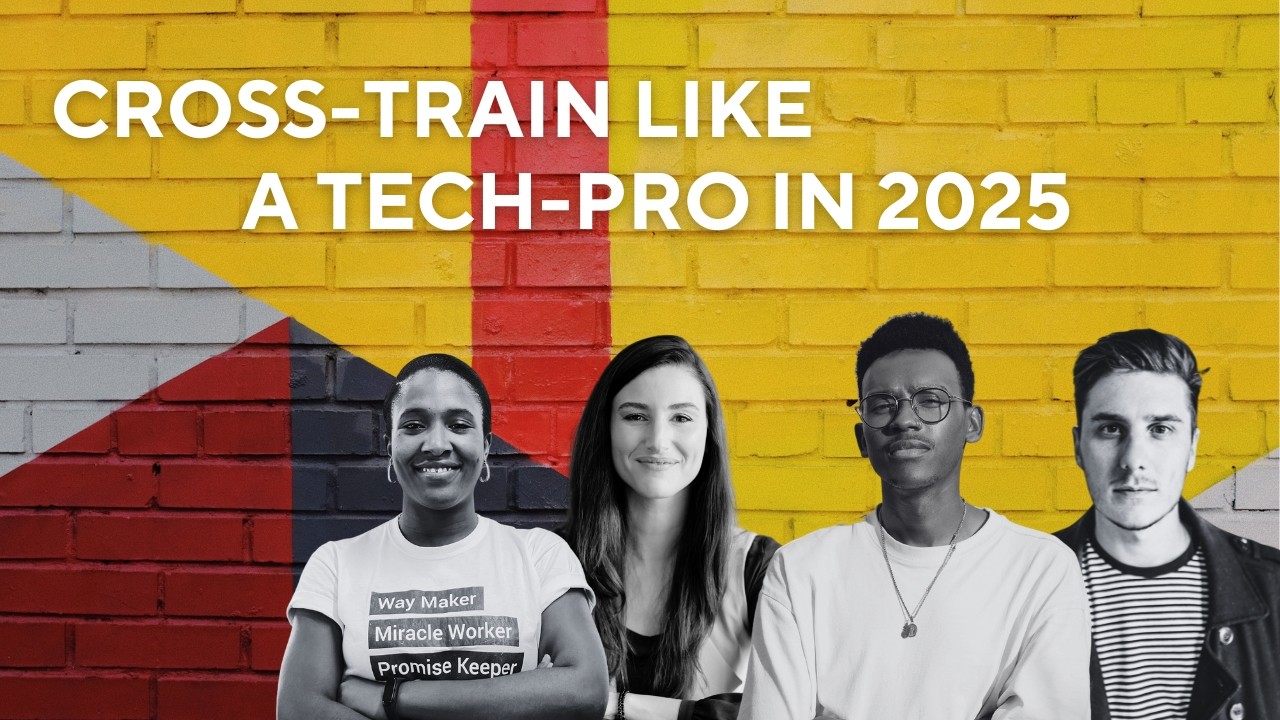How Gen Z is reshaping work culture
Workers had barely adapted to a remote and hybrid workplace before businesses demanded more time in the office without exception.
Tech big hitters such as Dell and Tata Consultancy Services have warned workers to return or face consequences.
Remote working advocate Zoom has demanded that all those who live within 80km of the office need to work in-person twice a week.
The reasons put forward by businesses who want employees in the office may vary but there are common themes, such as lower productivity and a struggling or absent company culture.
While these concerns are valid and most certainly the lived experiences of C-suites trying to drive the bottom line, as the workforce demographics shift to younger generations it will become more difficult to enforce an onsite office work culture.
There doesn’t have to be an ongoing battle between C-suites and younger workers. An open-minded approach to an entirely different way of engaging crucial skills – as opposed to hiring full-time staff – could well be the answer to improving productivity, with the added benefit of finding scarce skills and filling vacant roles quickly. Independent contracting, especially in the skills-scarce IT sector, represents a paradigm shift to a way of work that suits Gen Z.

Platforms that remove all the friction of recruitment are 100% aligned to the worldview of younger, digitally inclined workers.
In just six short years, Gen Z will make up 40% of the workforce, eventually becoming the dominant demographic.
Unlike some of their Gen X counterparts, Gen Z has grown up in a digitally enabled world, making remote work feel effortless – second nature. Understanding what motivates this generation, beyond their digital savvy, will be essential for employers looking to future proof their hiring strategies and plans.
Structured 9-5 work hours: Gen Z can’t see how this model results in financial stability or wealth creation. They can’t afford bonds; they struggle to pay rent. They see their working parents constantly stressed and exhausted. 50% of their parents are divorced. Quality time with their parents is rare. It’s a model which doesn’t inspire them because they see the damage that it has done to their families – and to them.
Commuting in traffic: They are purpose driven, and the environment matters to them. Try telling a Gen Z to spray carbon into the atmosphere because you say so. They blame the older generations and their industries for the environmental crisis.
A mandated return to office: Many can’t afford to live in inner cities. If they’re told they must, in order to commute to an office, they see it as discrimination. They’re acutely aware that poorer people simply can’t entertain the idea of moving closer to the office in a country crippled by institutional spatial inequality. Inclusion matters to them.
Restrictive employment terms: They’re motivated by short work stints and project-based work. Gen Z will change jobs up to 10 times between the ages of 18 and 34 and won’t be told where they can and can’t work. Not many businesses would want to invest in expensive onboarding for someone who will be gone in a year to 18 months.
Collaboration and socialising: The older generation believes that bonding happens in person. Gen Z have played collaborative PC and console games since the day they were born, they meet and engage new people on social media. Some have never met their virtual friends yet absolutely qualify them as friends and collaborators.
Covid lockdowns cemented their opinions: We told them during lockdown to embrace e-learning, online classes and collaboration tools. They delivered. We told them it was good. Telling them now that digital working, socialising and collaborating online is inferior doesn’t make sense to them.
Gen Z will thrive in a world of highly skilled, project-based independent contracting, where businesses can choose the talent they need, engage them immediately, and move on without cost or reputational damage when the engagement has run its course.
Gen Z independent contractors will know that they simply must deliver as their next contract – and maintaining their remote lives – depends on it.
Original article: Africa Business


